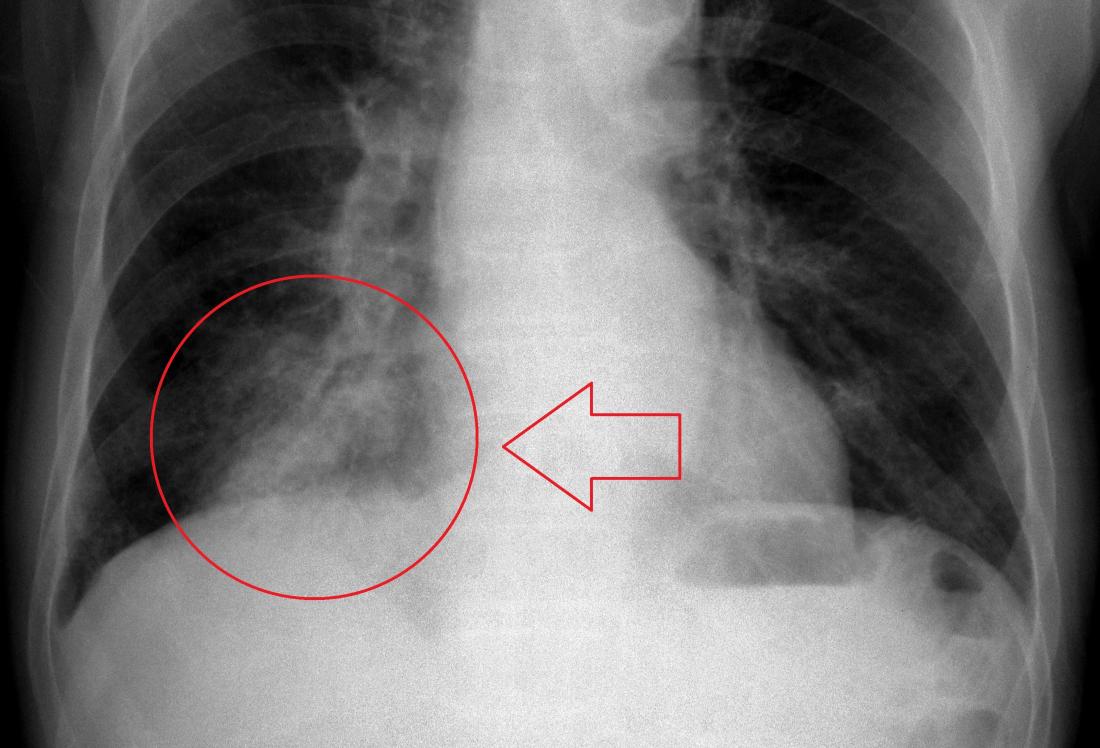
Aspiration pneumonia is a type of lung infection that occurs when a baby inhales food, liquid, or other substances into their lungs. This can cause inflammation and infection in the lungs, making it difficult for the baby to breathe. Aspiration pneumonia can be a serious condition, so it’s important to know how long it takes to develop in babies and what signs to look out for.
Table of Contents
How Long Does It Take For Aspiration Pneumonia To Develop?
Aspiration pneumonia can develop quickly, usually within a few hours of inhaling the foreign substance. However, it can also take several days to develop, depending on the severity of the aspiration and the baby’s overall health. In some cases, aspiration pneumonia may not develop until several weeks after the aspiration event occurred.
It’s important to note that not all cases of aspiration lead to pneumonia. In some cases, the baby’s immune system is able to fight off the infection before it becomes pneumonia. However, if the baby is already sick or has a weakened immune system, they may be more susceptible to developing aspiration pneumonia.
Signs And Symptoms Of Aspiration Pneumonia In Babies
Aspiration pneumonia can be difficult to diagnose, as the symptoms can be similar to other respiratory infections. However, some common signs and symptoms to look out for include:
- Coughing, especially after eating or drinking
- Rapid breathing or shortness of breath
- Fever
- Wheezing
- Blue lips or nails
- Poor feeding or loss of appetite
- Lethargy or irritability
- Chest pain or discomfort
If your baby is experiencing any of these symptoms, it’s important to seek medical attention right away. Aspiration pneumonia can quickly become a serious condition if left untreated.
Treatment And Prevention
The treatment for aspiration pneumonia will depend on the severity of the infection and the baby’s overall health. In some cases, antibiotics may be prescribed to treat the infection. Other treatments may include oxygen therapy or respiratory support to help the baby breathe.
To prevent aspiration pneumonia in babies, it’s important to take certain precautions when feeding them. These may include:
- Ensuring the baby is in an upright position during feedings
- Feeding the baby slowly and in small amounts
- Avoiding feeding the baby while they are lying down
- Avoiding giving the baby food or liquid that is too hot
- Keeping small objects and toys out of the baby’s reach
- Supervising the baby during feedings
In addition to these precautions, it’s important to keep your baby’s environment clean and free of allergens and irritants that could exacerbate respiratory infections.
Conclusion
Aspiration pneumonia can be a serious condition in babies, but with prompt medical attention and proper prevention measures, it can be managed effectively. If you suspect your baby may be experiencing symptoms of aspiration pneumonia, it’s important to seek medical attention right away. By taking the necessary precautions during feedings and keeping your baby’s environment clean and safe, you can help prevent aspiration pneumonia from occurring in the first place.
Frequently Asked Questions
- How common is aspiration pneumonia in babies? Aspiration pneumonia is more common in babies than in adults, as babies are still developing their ability to swallow and control their breathing.
- What are some risk factors for aspiration pneumonia in babies? Some risk factors may include premature birth, a weakened immune system, an underlying respiratory condition, or a neurological disorder.
- Is it possible for a baby to develop aspiration pneumonia without inhaling food or liquid? Yes, babies can also inhale vomit, saliva, or other substances that can cause aspiration pneumonia.
- How is aspiration pneumonia diagnosed in babies? Diagnosis may involve a physical exam, chest X-ray, and/or a sputum culture to determine the type of infection.
- Can aspiration pneumonia be fatal in babies? In severe cases, aspiration pneumonia in babies can be fatal. That’s why it’s important to seek medical attention right away if you suspect your baby may be experiencing symptoms of aspiration pneumonia.
